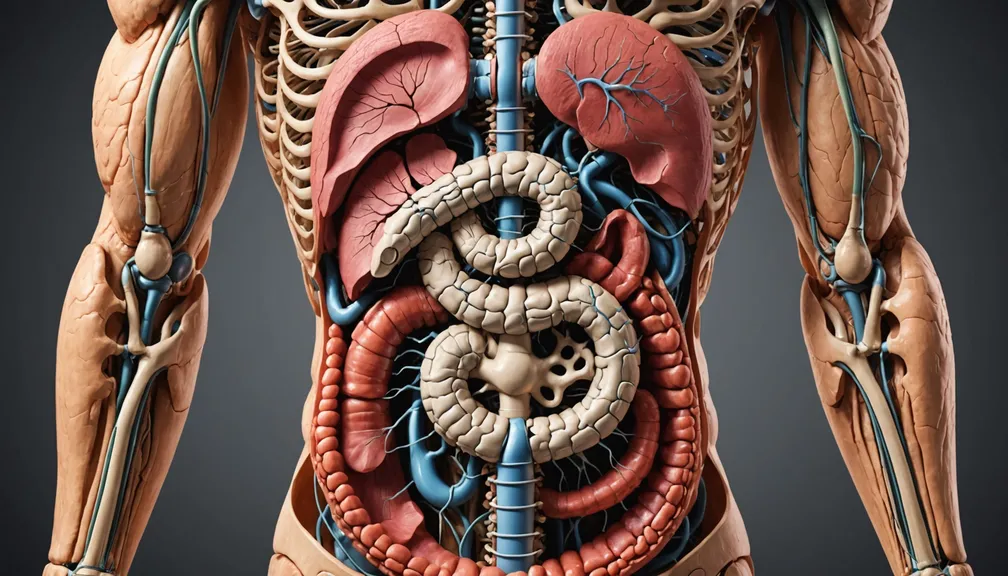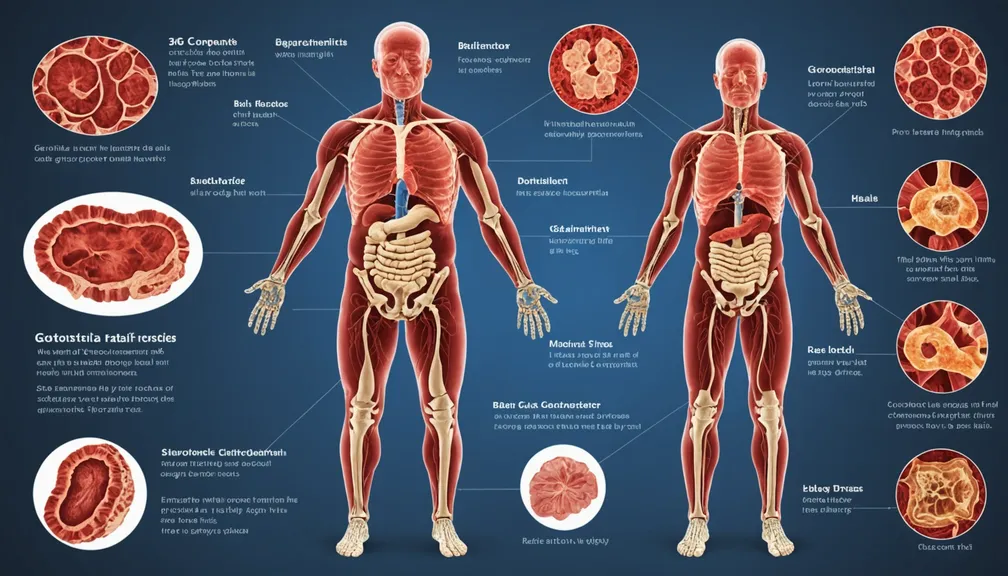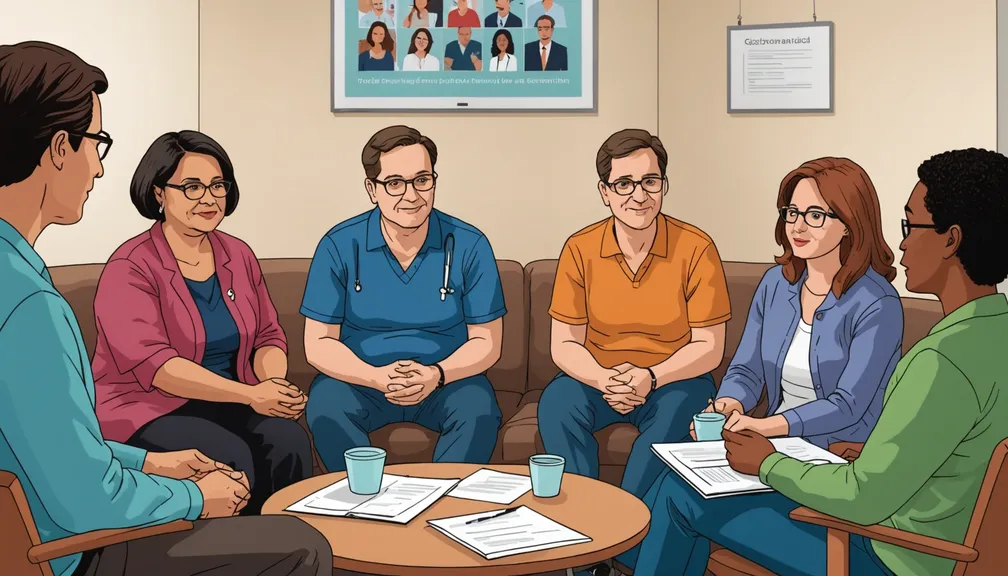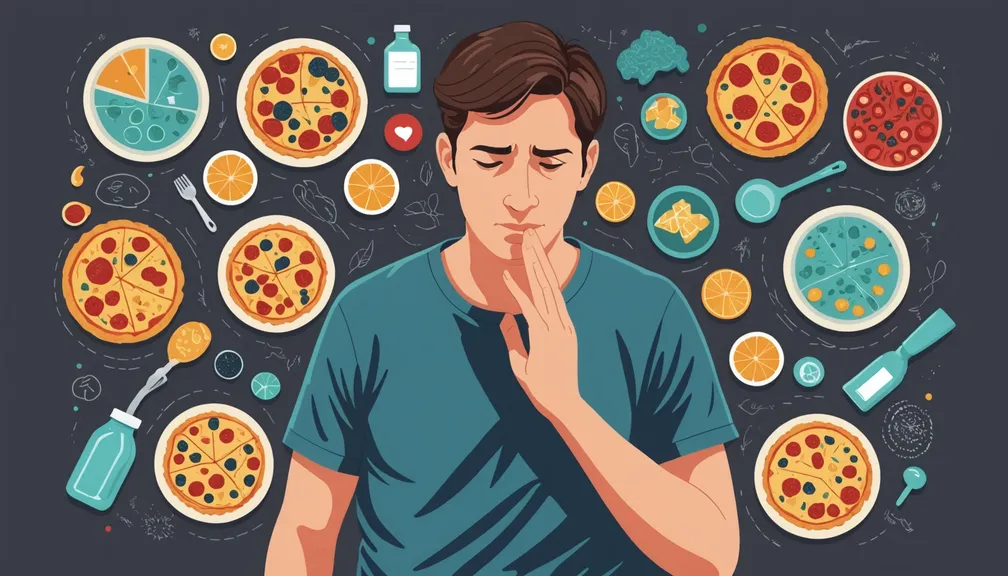Understanding Your Emotions
Living with a chronic gastrointestinal (GI) disorder can bring a wide range of emotions. It’s important to recognize and understand these feelings to better manage your condition.
Common Emotional Responses
- Frustration: Dealing with persistent symptoms can be exhausting and disheartening.
- Anxiety: Concerns about health, treatment outcomes, and the future are common.
- Depression: Ongoing health challenges may lead to feelings of sadness or hopelessness.
- Anger: It’s normal to feel angry about the limitations and disruptions caused by the disorder.
Coping with Emotional Challenges
- Acknowledge Your Feelings: Accept that it’s okay to feel upset or overwhelmed.
- Journaling: Writing down your thoughts can help process emotions.
- Mindfulness and Meditation: Techniques like deep breathing and meditation can reduce stress and improve emotional well-being.
- Professional Support: Consider talking to a therapist or counselor who can provide strategies to manage your emotions.
Building a Support Network
Having a strong support system can significantly impact your ability to cope with a chronic GI disorder.
Family and Friends
- Open Communication: Share your experiences and feelings with loved ones to foster understanding and support.
- Ask for Help: Don’t hesitate to seek assistance with daily tasks or emotional support when needed.
Support Groups
- Peer Support: Connecting with others who have similar conditions can provide comfort and practical advice.
- Online Communities: Virtual support groups offer flexibility and access to a broader network.
Healthcare Providers
- Regular Check-ins: Maintain consistent communication with your medical team to stay informed and supported.
- Collaborative Care: Work together with your healthcare providers to develop and adjust your treatment plan as needed.
Managing Stress
Chronic illness often brings additional stress, which can exacerbate symptoms. Effective stress management is crucial for overall well-being.
Relaxation Techniques
- Deep Breathing Exercises: Helps calm the nervous system and reduce stress levels.
- Progressive Muscle Relaxation: Involves tensing and relaxing different muscle groups to alleviate tension.
Time Management
- Prioritize Tasks: Focus on what’s most important to avoid feeling overwhelmed.
- Set Realistic Goals: Break tasks into manageable steps to maintain a sense of accomplishment.
Healthy Lifestyle Choices
- Balanced Diet: Proper nutrition supports both physical and emotional health.
- Regular Exercise: Physical activity can improve mood and reduce stress.
Communicating with Loved Ones
Effective communication with family and friends can strengthen your support network and improve relationships.
Expressing Your Needs
- Be Clear and Direct: Let others know how they can help you best.
- Share Your Limits: Communicate what you can and cannot do to set realistic expectations.
Educating Others
- Provide Information: Help loved ones understand your condition and its impact on your life.
- Answer Questions: Encourage open dialogue to dispel misconceptions and reduce anxiety.
Handling Misunderstandings
- Stay Patient: Recognize that others may need time to fully grasp your situation.
- Seek Mediation if Needed: Involve a counselor or mediator to facilitate conversations and resolve conflicts.
Navigating Social Situations
Social interactions can sometimes be challenging when managing a chronic GI disorder. Here are ways to make socializing easier.
Planning Ahead
- Inform Hosts: Let event organizers know about any dietary restrictions or needs in advance.
- Bring Your Own Food: If unsure about available options, bringing your own meals can alleviate stress.
Setting Boundaries
- Know Your Limits: It’s okay to decline invitations or leave events early if you’re not feeling well.
- Communicate Clearly: Politely explain your reasons for setting boundaries to avoid misunderstandings.
Finding Enjoyable Activities
- Choose Low-Stress Events: Opt for gatherings that are comfortable and accommodating to your needs.
- Engage in Shared Interests: Participate in activities that you enjoy and that align with your energy levels.
Seeking Professional Help
Managing a rare GI disorder often requires a team of specialized healthcare professionals. Here are some types of doctors and health professionals who can assist you:
Gastroenterologist
- Role: Specializes in the digestive system and its disorders. They can provide diagnosis, treatment plans, and ongoing management of your GI condition.
Dietitian or Nutritionist
- Role: Helps create personalized meal plans to ensure proper nutrition while accommodating dietary restrictions related to your disorder.
Psychologist or Counselor
- Role: Offers strategies to cope with the emotional and mental challenges of living with a chronic illness.
Primary Care Physician
- Role: Coordinates overall health care, manages general health issues, and refers you to specialists as needed.
Social Worker
- Role: Provides resources and support for navigating healthcare systems, accessing financial aid, and connecting with community services.
Physical Therapist
- Role: Assists in maintaining physical health and mobility, which can be affected by chronic GI issues and related treatments.
Practical Tips for Daily Living
Incorporating practical strategies into your daily routine can enhance your quality of life while managing a chronic GI disorder.
Establish a Routine
- Consistent Meal Times: Regular eating schedules can help manage symptoms and improve digestion.
- Sleep Hygiene: Maintain a regular sleep schedule to support overall health and reduce fatigue.
Monitor Symptoms
- Keep a Journal: Track your symptoms, triggers, and responses to treatments to identify patterns and inform your healthcare team.
- Stay Alert to Changes: Report any new or worsening symptoms to your doctor promptly.
Stay Informed
- Educate Yourself: Understanding your condition empowers you to make informed decisions about your care.
- Ask Questions: Don’t hesitate to seek clarification from your healthcare providers about your treatment options and management strategies.
By addressing both the emotional and social aspects of living with a chronic GI disorder, you can build resilience and improve your overall well-being. Remember, you are not alone, and support is available to help you navigate this journey.






